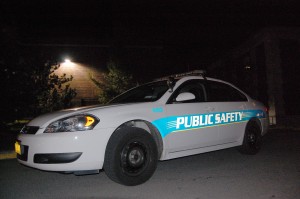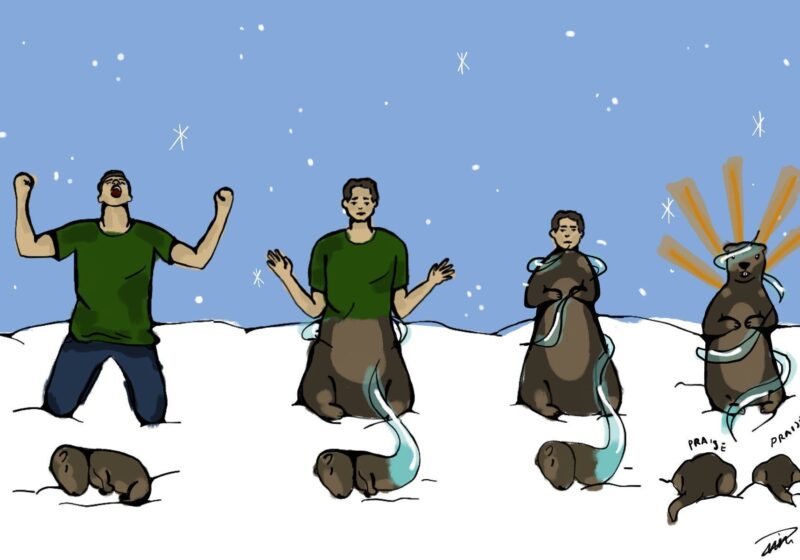Due to a recent University crackdown on parties primarily on the Fraternity Quadrangle as well as increased repercussions for hosting on-campus parties, students have migrated into the nearby neighborhoods across the Genesee River.
Off-campus events leave UR with little control, and with an increase in the off-campus student population, the administration is forced to confront this shifting dynamic.
To handle the increase in students living off campus, Dean of Students Matthew Burns worked to form an off-campus task force this past spring.
“[The task force] was clearly put together to look at the off-campus parties, the noise complaints that were coming to our attention, and the landlords, good and bad, that were coming to our attention,” Burns said. “Students who, in most cases, are moving off campus are signing leases for the first time, and we have to ask if we are providing services to give advice to them and what kind of advice we can give to them, and off-campus safety issues. So we got together as a task force to take a look at what was happening with the off-campus community and make some recommendations.”
As the party scene moves from the Frat Quad to off-campus houses, fraternities have found that the stress of hosting social events on campus has discouraged organizations from planning events as frequently.
“Since 2011, there’s been a noticeable change in the overall environment for parties,” Delta Kappa Epsilon President and senior Kevin DeFranco said. “Before, Security came in maybe once, and that would be it. But then last year with the introduction of the [Graduate Head Resident] living in the house and an increase in the security presence, it’s become a lot stricter.”
When asked about the possibility of hosting parties at an off-campus house, DeFranco pointed to the lack of regulations involved.
“There are so many more things we could get into trouble for as opposed to off-campus living,” he said.
While it may seem as though the University is targeting fraternities specifically, Chi Phi President and senior Gregory Esposito believes that the school is in fact cracking down on underage drinking on a broader scale.
“Over the past few years, it seems like the on-campus fraternities or parties in Riverview have had to deal with a sort of crackdown,” Esposito said. “They’ve been policed a little bit harder, and, as a result, they can’t have as outrageous events as they had before or as often without being susceptible to risk. I think the school has taken a little bit more of a progressive approach in terms of punishing drinking offences, but in terms of what it allows for on-campus organizations, it’s gotten way more strict.”
The administration must recognize that parties are moving to off-campus scenes, and it must work to deal with concerns for student safety. Dean Burns recognizes that the university is part of a greater community.
“It’s not as if the University doesn’t have any responsibility,” Burns said. “We certainly do.”
Phi Kappa Tau President and senior Nicholas Benjamin voiced his concern. asking “How should the apparent risk of off-campus parties be balanced with the need for security?” He remarks that while the 19th Ward has seen improvements in security, there are still concerns, especially with students who live on-campus venturing into an unfamiliar part of the city potentially intoxicated.
College students will always seek out parties. As the student body at UR increases in size, the excess will likely flood into surrounding neighborhoods, particularly the 19th Ward. A poll conducted by the Rochester Police Department indicated that 19th Ward residents received this ever expanding student presence positively.
The University continues to question what it can do to increase safety in an environment where Public Safety officers lack direct jurisdiction.
Esposito offered some suggestions.
“There’s a happy medium between finding safety and inhibiting fun,” he said. “You could have security patrolling along South Genesee and through that area. This serves two roles. One, just to generally watch people and make sure nothing too bad is happening, and they can call that in to the police just as citizens; or two, anybody who would be tempted to mug or attack those students will be dissuaded.”
Still, the question remains: How can the University provide a safe environment for students without excessively restricting their ability to have fun?
Smith is a member of the class of 2014.




